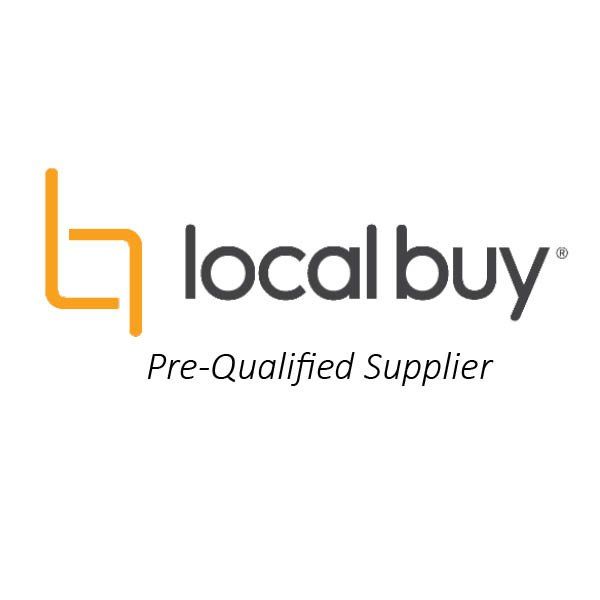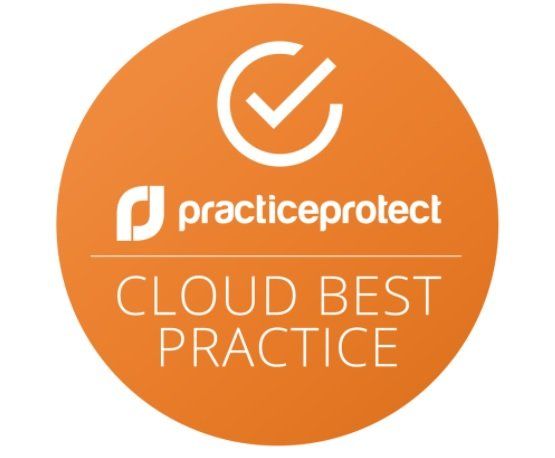Boost your businesses immunity to COVID-19

As the Coronavirus COVID-19 continues to unfold, the economic fallout is fast hitting home. Whilst Western Queensland has (to this point in time) been insulated from the virus, it is clear we will not be protected from the potential devastating financial impacts. For small business, now is the time to act, NOT wait.
Business in hospitality, retail, events, personal services and tourism are directly impacted now, but everyone will feel the indirect effects. It is fairly clear at this time that the 2020 tourist season will be late at best, and non-existent at worst. For businesses coming off a long 'off-season', you must do all you can to protect cashflow now.
Some immediate actions you can take in your business:
- Start revising cashflow projections now using assumptions for a reduced turnover if you think this applies to you;
- Plan how you can reduce costs at least over the next quarter but possibly longer;
- If you already have existing debt with ATO and banks/lenders, start talking to them now about revised cashflows and payment arrangements (the banks have today announced small business loan repayment deferrals for 6 months, but you will need to confirm this applies to you);
- Discuss with the ATO possible delayed payment plans for the upcoming BAS lodgement;
- If you rely on particular suppliers, ensure they are in a position to keep providing to you;
- If you have 'business critical' owners or staff, have a plan in place if they are forced to quarantine;
- Investigate your insurance policies to see if there is any coverage relating to this crisis.
- Discuss with your landlord possible deferral or payment arrangements
If you are in one of the 'high-risk' industries requiring customers coming in the door, you will need to be proactive in keeping a customer base:
- Look at how you can offer differently e.g. are you set up for web sales, can you deliver or do takeaway rather than have customers in the shop/cafe?
- If you are able to offer a different type of service, start advertising now
- Ensure you are following all health advisories for public safety, and advertise these regularly in shop and social media.
There have already been government incentives offered. Some will be automatically provided, and others will be by application. It is important to be prepared if you think you are going to apply for assistance. For instance, if you need to apply to borrow to get through this period, it will be vital to have up to date projections and cashflows available as soon as possible.
Once details of various incentives are available, we can unpack these and publish, but information is in short-supply at present.
Hopefully, we will all support each other to stay healthy and keep our local businesses going, but as we have seen already in other areas, some businesses are going to struggle to survive. Now is the time to do all you can to come out the other side.
As always, please consult with your Accountant for advice as it relates to your circumstances.










Contact Us
a
Office Location
68 Ash Street, Barcaldine QLD 4725
Postal Address
PO Box 104, Barcaldine, QLD, 4725
Phone: 07 4651 1341
Email: admin@walshaccounting.com.au
ABN:
59 330 650 357
Our Services
a
Businesses
Business Advisory
Rural Accounting
Tax Planning
Accounting Software
Business Start-up
Business Structure
Company Administration
a
Personalise
Tax Returns
Superannuation
Trusts
Rental Property
Estate Planning
Succession Planning
a
Community
Clubs and Associations
Grant Applications
 CPA
CPA
 NTAA
NTAA
 Tax Agent
Tax Agent
 Local Buy
Local Buy
 PracticeProtect
PracticeProtect
 MYOB Gold Partner
MYOB Gold Partner
 Xero Silver Partner
Xero Silver Partner
